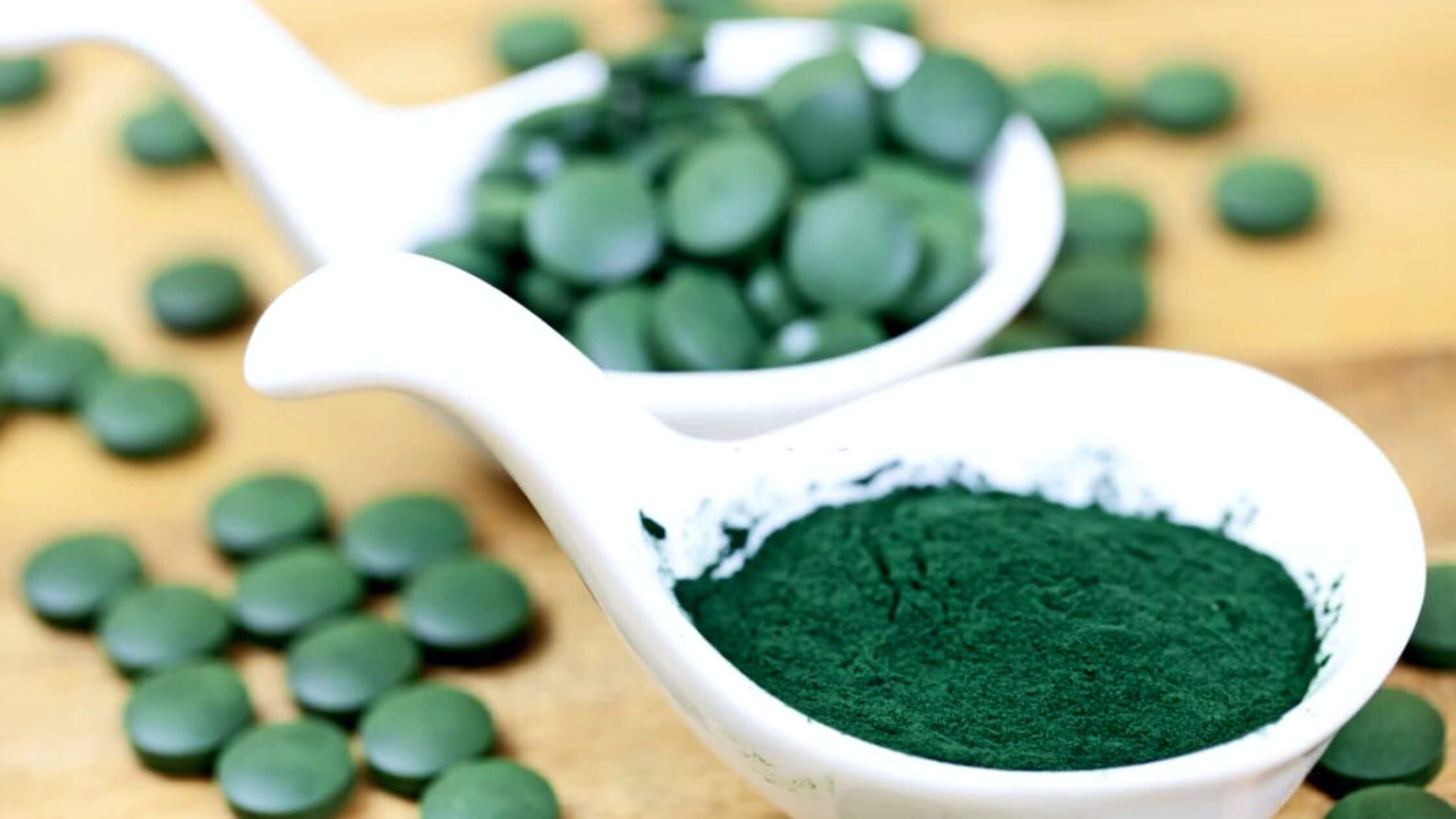Health
What Is Spirulina Good For? Health Benefits Revealed!

Spirulina is a type of blue-green algae associated with many health benefits. It is considered to be one of the most popular supplements containing various nutrients and antioxidants that may benefit your body. It is a microscopic algae that grows in both salt and freshwater. It contains protein, minerals, vitamins, and antioxidants which help to protect cells from damage. It is commercially produced in many places under controlled conditions.
Spirulina is considered to be a superfood. Because this is the main source of nutrients including protein levels. Modern research shows that it may have pain relief, anti-inflammatory, and brain-protective properties.
Does Spirulina Is Safe To Eat?
When talking about the benefits of spirulina, history starts with the Aztecs. Aztecs were an ethic group of central Mexico in the post-classic period. From a very early age, they used spirulina to treat various diseases. Spirulina has a bitter taste.

Most people prefer to eat this by adding this with juices and smoothies for a better flavor. Animal and test tube studies say that it may protect against allergic reactions, boost the immune system, and have antiviral and anticancer properties.
Health Benefits of Spirulina
- Source Of Antioxidants
Spirulina contains antioxidant compounds. One of the main components is phycocyanin. Phycocyanin is responsible for spirulina’s dark blue-green color. Recent studies show that phycocyanin has potential benefits. It helps with oxidative stress protection, anti-inflammatory properties, and neuroprotective qualities.
Usually, oxidative stress causes many health issues in humans including hypertension, heart failure, and cardiac hypertrophy. Here, Spirulina prevents skeletal muscle damage under conditions of exercise-induced oxidative stress and improves your gut health.
- Reduce High Blood Pressure
According to a report in the Daily Mail, it contains a specific protein that was found to relax arteries in the laboratory and in animals. A molecule in spirulina, called sp6, lowered the blood pressure of animals. It helps to stimulate a process in the body that releases nitric oxide.
The spirulina activates the relaxation of the artery. This process is known as vasodilatory action. It helps to lower blood pressure by increasing the amount of blood pumped in one motion. Research shows that it increases the production of white blood cells and antibodies.
- Protect Against Cancer
Recent animal studies suggest that supplementation with spirulina has value in protecting against cancer. This mechanism is done by activating immune cells called natural killer cells. It helps our defense against tumors. More research is needed in this field. But the current results are encouraging.
- Help In The Management Of Cholesterol
Spirulina is rich in antioxidant properties. It helps to manage total cholesterol. This means the antioxidant properties have a vital role in lowering low-density lipoprotein cholesterol. It also lowers blood pressure to a reasonable level while increasing heart-healthy HDL cholesterol.
- Rich In Nutrients
Spirulina is loaded with nutrients. One tablespoon of spirulina contains:
- Protein: 4 g
- Thiamine(Vitamin B1)
- Riboflavin(Vitamin B2)
- Niacin(Vitamin B3)
- Copper
- iron
In addition, it contains magnesium. This mineral supports body functions like muscle use and heartbeat. Minerals are essential for maintaining a healthy immune system, like vitamins E, C, and B6. It also helps to produce protein and create energy.
- Performance Enhancement
Some of the studies have indicated that spirulina may improve both strength and endurance capabilities. It improves exercise performance. Oxidative stress occurs due to excessive exercise and therefore, the antioxidant component in spirulina reduces the stress experienced during exercise.
According to the U.S department of agriculture, it is a good source of protein and contains amino acids. It has the same amount of protein as meat. It is good for health in all aspects. . But we need to conduct more research based on the benefits and side effects of consuming the” superfood”. Current studies show the pros of these algae rather than the side effects.
